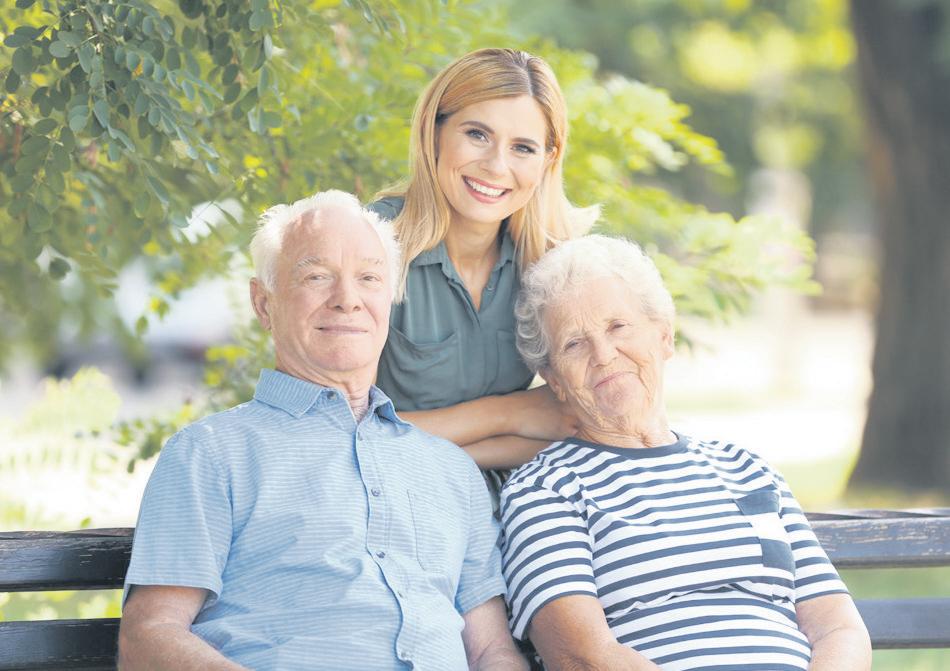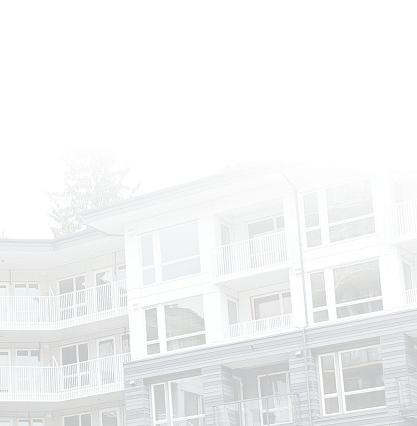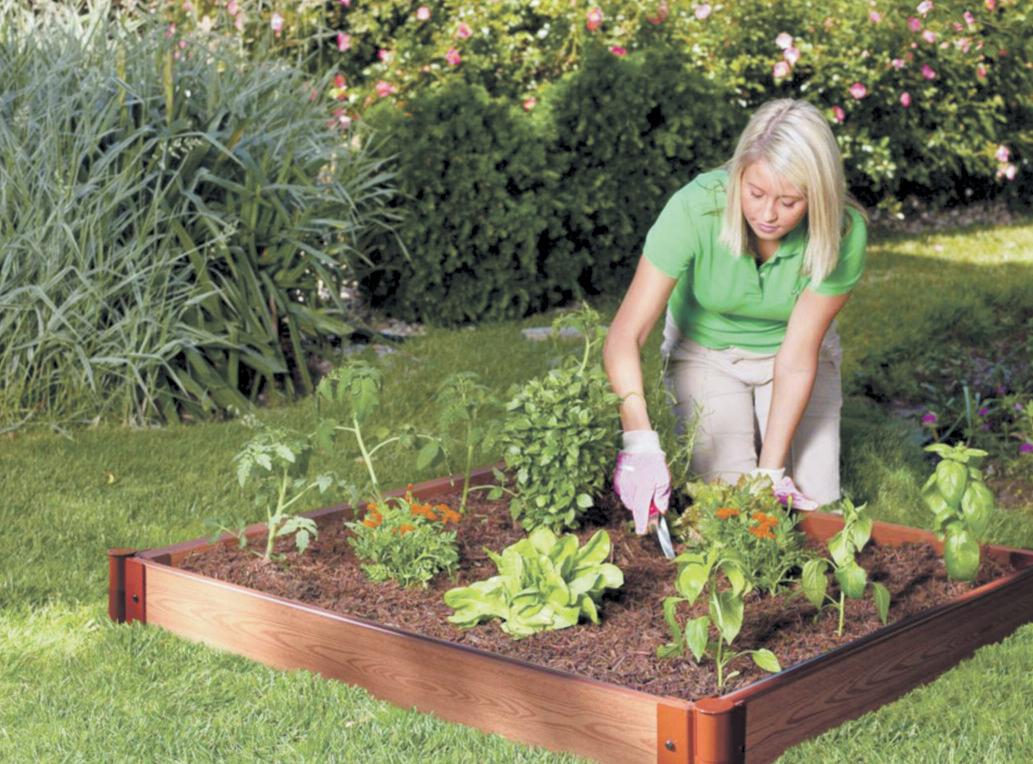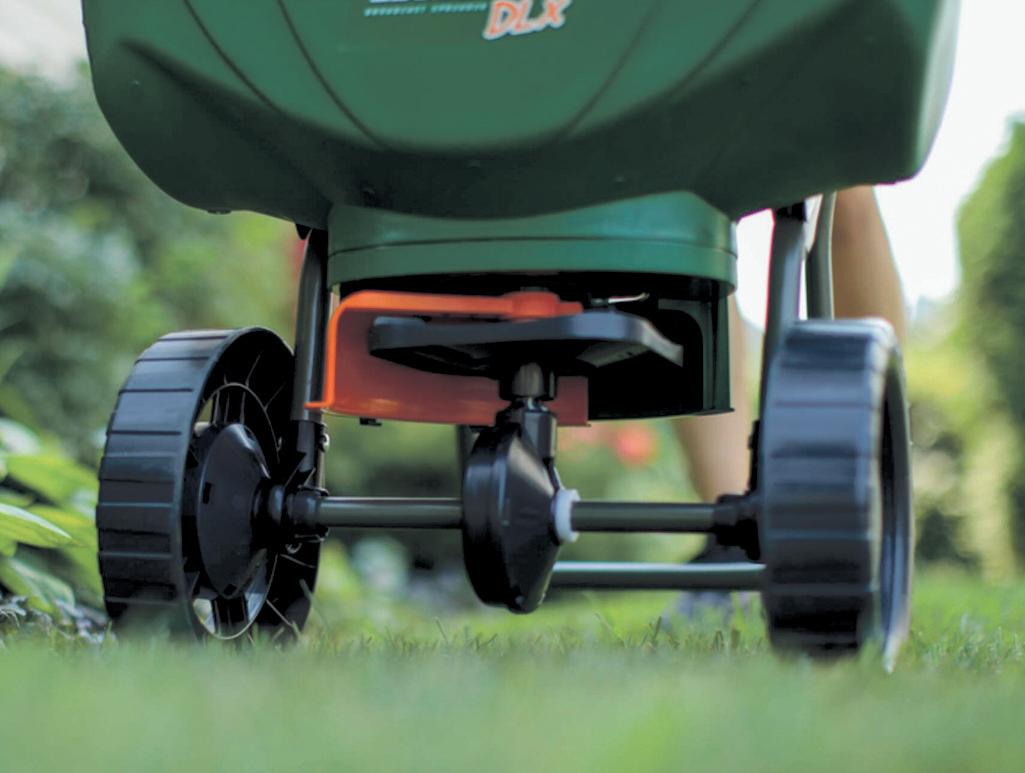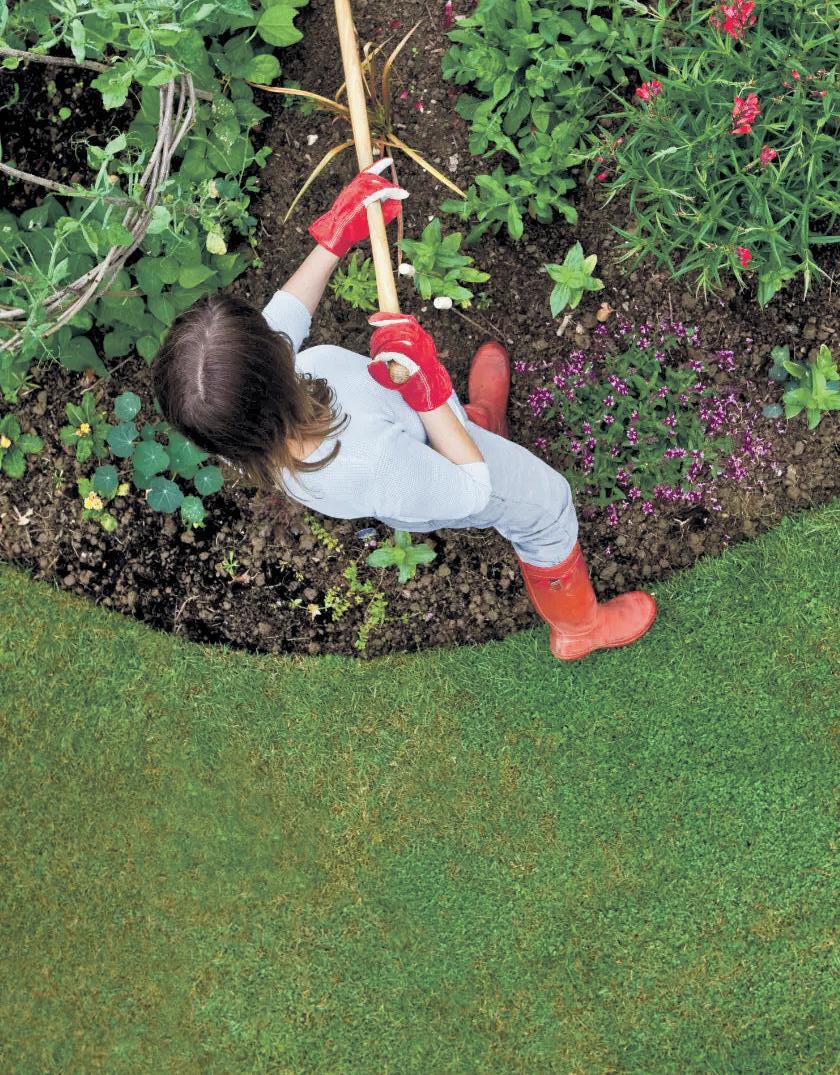









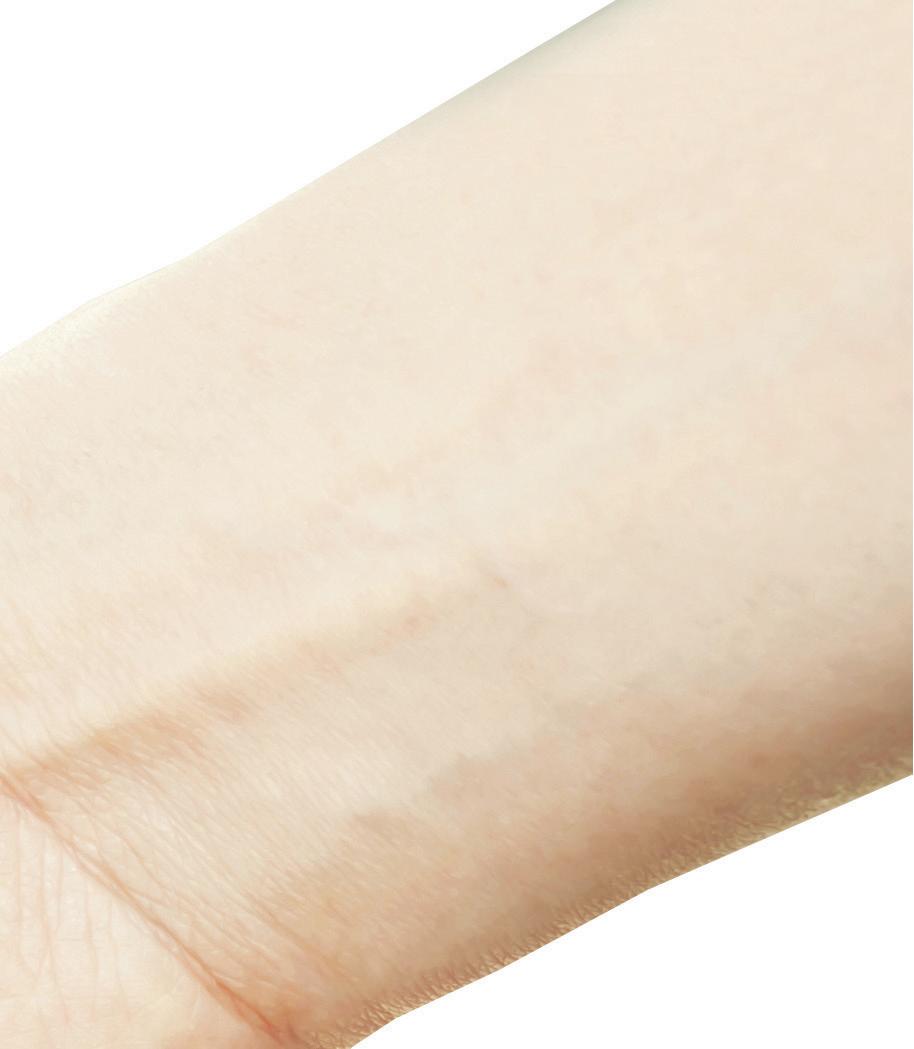

SATURDAY MAY 11, 2024 • 12-4PM
SILVER HARBOUR CENTRE, 144 EAST 22ND ST, NORTH VAN




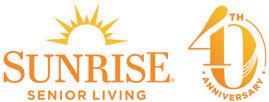


















SATURDAY MAY 11, 2024 • 12-4PM
SILVER HARBOUR CENTRE, 144 EAST 22ND ST, NORTH VAN










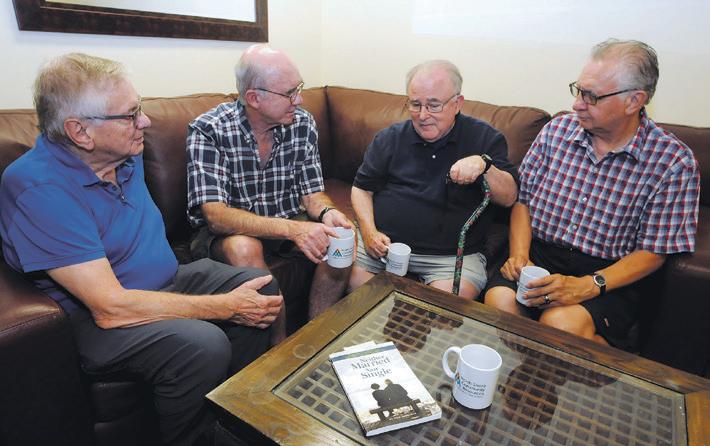
Our Men’s Group, for men caring for partners, either at home or in care, has grown from three to 18 members in just over two years. In the past 12 months alone, we’ve hosted guest presenters on topics such as palliative care, MAID, and home & community care – all through Vancouver Coastal Health. In the past we also had a tax accountant, an author of a book geared towards men in similar
circumstances and more. After a recent meeting, where the men in attendance started to share how they actually felt (a tricky proposition with a lot of men) rather than the nuts and bolts of what they are doing, I received this note from an attendee: “Thank you for hosting today’s meeting. I thought it went very well. The fact that we have a sense of camaraderie together, offers us an opportunity to express our heartfelt emotions.”
(Men’s Group member)
A couple new members of our Caregiver Support Group came to their first meeting and neither spoke a word when given the opportunity We always say at the beginning of each



meeting that there’s no obligation to talk if you don’t feel like it. Just before the end of the meeting, one signed off a few minutes early Usually this could mean they didn’t feel a support group was for them, which is fine. I followed up the next day and to my surprise, they said they fully enjoyed the group and found it valuable. They even got together for coffee and then a walk later and both came to the next meeting and did share. In our survey, one wrote: “I am new to the group and haven’t contributed (will do so in future meetings) but I do support and care about other participants and

what they are going through. I am also learning to establish boundaries, and make time for myself. Vic is a wonderful facilitator. He is calm, patient, allows participants to express themselves and creates a warm and welcoming environment.”
(Caregiver Support Group member)
Our Bereavement Group is for those who have experienced loss of a loved one and these meetings can involve heavy emotions and topics. The hope is that they leave feeling a little lighter with the support of the other members, and the discussion and resources on offer. On Christmas day, in fact, our co-facilitator and a group member thought a lunch get together for those feeling alone might be a good idea. Six people showed up and they said they felt a sense of community and enjoyed a meal together A relatively new group
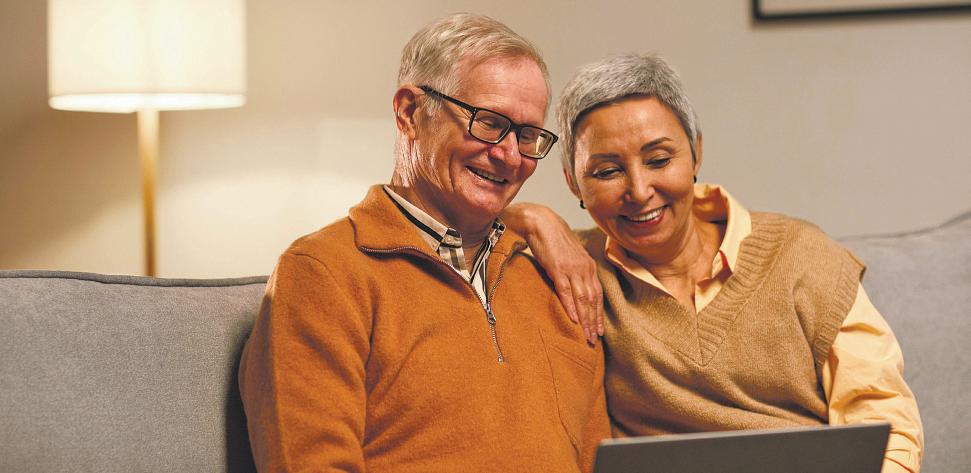
Sincerely,
Saturday May 11, 12-4 p.m.
member sent this email after our most recent meeting:
“Hi Vic, Thank you for hosting the caregiver support meeting, and bringing the group together this evening. I came into the meeting feeling anxious and heavy, and left feeling welcomed and supported –it’s good to know I’m not alone.”
(Bereavement Group member)
Our Persian Wellness and Education Group is a vibrant, large group which features many presenters each meeting courtesy of our tireless group leader and our support. The group has presenters on everything from heart health to good dental habits to tax implications for new immigrants to various means of self-care, including poetry and music. At our recent Nowruz celebration, we had 43 people attend Recently, a social worker from Lions Gate Hospital contacted me about possible help
for a patient with a disability they were about to release who could use help with groceries, etc. The patient fell between the cracks age-wise for certain senior’s programs and required a Farsi-speaking helper so I immediately contacted our Persian group leader and, presto!.. we found a kind woman from the group willing to help the patient. This is the response I received from the social worker:
“Hello Vic, That is fantastic! Thank you for this contact. I will give this to the patient. I really appreciate

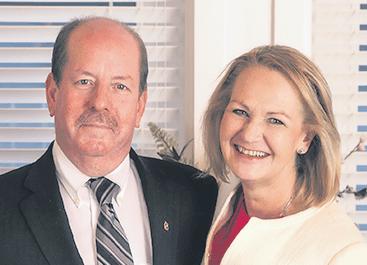
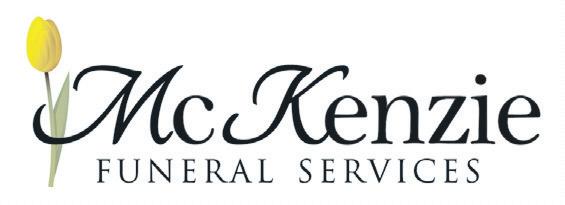
you being able to provide this information on such short notice. This is greatly appreciated.”
(VCH Social Worker/LGH on our assistance finding a helper from our Persian Group for a patient upon discharge)
We established our Korean Wellness and Education Group in the Fall of 2022 and it has brought Koreans on the North Shore together through the hard work of our group leader and NSCR’s support. In our recent survey, a group member kindly wrote:
“I am delighted to receive excellent support, fostering a sense of belonging through regular attendance at monthly meetings, which in turn provides stability

and enables enjoyable interactions with peers, along with the opportunity to indulge in snacks and gain valuable information. The establishment of the North Shore Korean Group brings immense joy and gratitude into my life.”
(Korean Group member)
For more information, details, or to find out more about NSCR’s caregiver support programs, please contact:

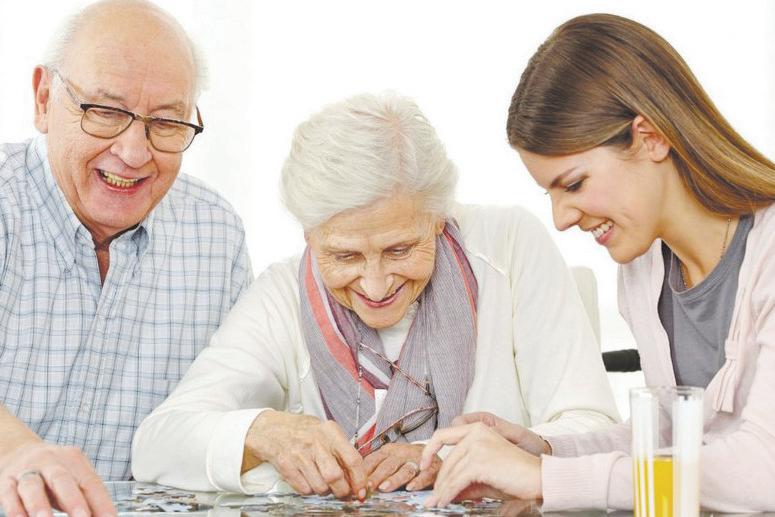


TheDementia Friendly Day program focuses on creating apositive andperson-centred experience for participants. It recognizes that individuals with dementia can still find joy, meaning, and connections in their lives, despite the challenges they may face. By tailoring activities to their abilities and interests. We offer programs in group settings and 1:1 therapeutical recreation in the community Contact us to learn moreabout the program and partnership to bring the program to your community.

What has been your journey into, and through, caregiving? It all began very gradually. My wife, Cali, and I lived in Germany. Somehow, she couldn’t settle and we all thought she was homesick and just couldn’t adapt to the German way of life. Little did we know that this was the beginning of a long journey with ups and many downs. She moved back to Canada in 2005, but somehow her issues were similar to the ones she had in Germany. It became evident something wasn’t quite right. She was diagnosed with Huntington’s disease in August 2007. I immigrated in December of the same year to Canada So, here I am adjusting to a new country and learning to cope with Cali’s degenerative disease. In the beginning it was somewhat
















easy dealing with it. For the first nine months we lived on the island, and during the week I worked in Vancouver. Cali was alone on the island during the week and was able to take care of herself After moving to Vancouver there was a steeper decline. She was able to be by herself during the day, but couldn’t leave the house anymore alone. So she waited all day for me to come home and take her outside. As our loved one’s abilities and capabilities decline, a caregiver sacrifices more and more of their own life, trying to make things work, often at the edge of our own patience and well-being. Cali was home with me for seven years, and in the end, I had to give her showers and feed her Then she stopped eating altogether, and I had to make



































thought was











the decision to put a feeding tube in. This decision also meant Cali had to go into long-term care. The thought of putting her into a care home was always the scariest thought and was the steepest learning cur for me. Over the next five years I had to adjust to the fact that Cali’s to a huge degree, in Now, caregiving suddenly became advocating. Dealing with new emotions and challenges, at the same time trying to keep her mind at ease, became very challenging. Cali passed away in 2019, and then a












































































new adjustment came. Suddenly, you are not a caregiver anymore and a big purpose in your life is gone. Learning to leave the caregiving bubble and












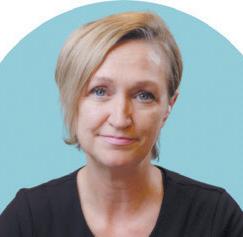






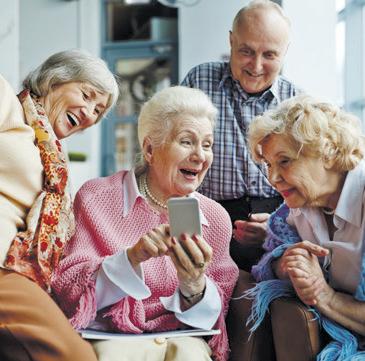























Shylo Home Healthcare is a North Shore success story.
The founder, Betty Brown, a nurse from West Vancouver, recognised the need for inhome care back in the 1970s when there was no government home support program or private Home Care agencies, so she formed Shylo Nursing Services Her original group of about a dozen RNs started serving clients on The North Shore but quickly grew to serve clients all over the Lower Mainland
Margot Ware initially contacted Shylo to help support her mother who was battling terminal cancer, and later her ageing grandfather Margot was fortunate to grow up in a

multigenerational family in West Vancouver with her mother and grandmother being RNs and her grandfather a renown Canadian surgeon Dr W. G. Cosbie MD, OBGYN, FRCPC, RCP, LLD who was integral in the formation of
the Canadian Cancer Society. Margot grew up seeing her grandparents age gracefully and pass peacefully in their own beds—this obviously had an effect on Margot’s vocational aspirations.
Margot was pleased to join the company that had supported her family for many years and work her way from a Companion in 1985 to buying the company as a Geriatric Specialist RN in 1998 where she proudly continues offering quality care to the citizens in our community.
“If you’re going to be in the nursing care business, we believe you really should be a nurse.”
As we often say at Shylo,“If you’re going to be in the nursing care business, we believe you really should be a nurse”
Shylo continues to be the only Home Care agency that is owned
and managed by a local RN and offers clients a complementary intake assessment with one of our Geriatric Nurse Specialists Our RNs visit our clients regularly to assess their evolving healthcare needs and are available 24-7 for support by phone for both our clients and caregivers—all a complementary part of Shylo’s service It is our honour and privilege to be trusted to care for you and your loved ones



Margot C. Ware RN BScN CNG(C) shylohomehealthcare.ca 604-985-6881

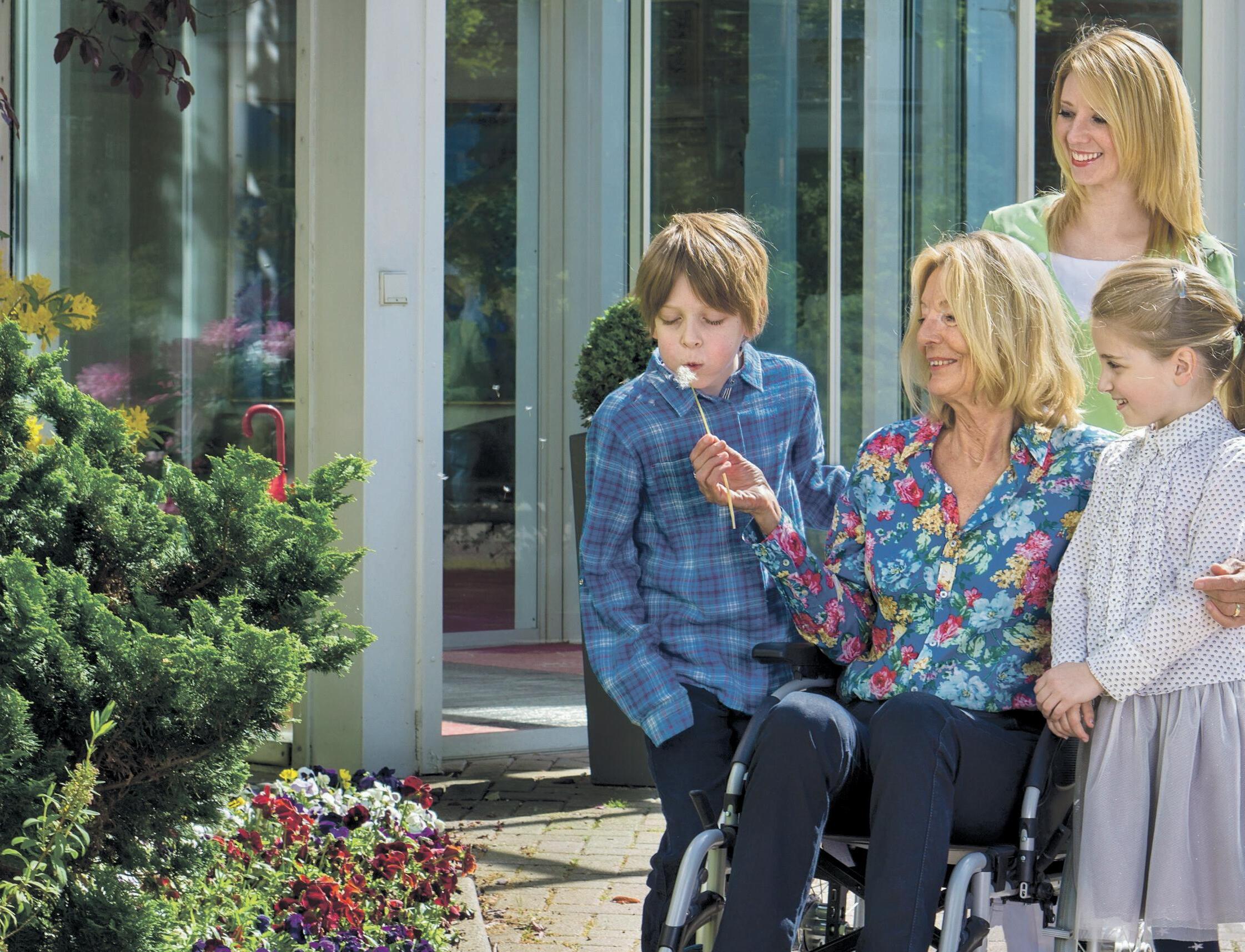
Shylo Home Healthcare is right in your neighbourhood. We are thelocal professionalsthatknow how hard it can be on afamily when alovedone is ill. Life doesnot stop. You still have afulltime job, kids that need you, and aloved one that is strugglingtomanageontheir own. Let us help! We can be there with home care up to 24/7,medication assistance, meals, even ridestodoctor’s appointments. This is the caringsolution foryour lovedone and your family.





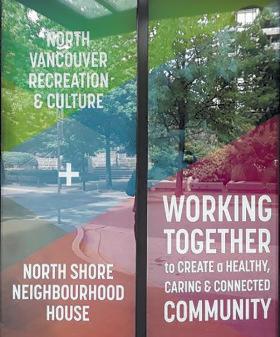
TheNSNHSeniorsCentreat JBCCisawarmandwelcoming communityspaceforadults55+ wheretheycometoexercise,learn, play,socialize,volunteer,take bustrips,havefunandmakenew friends.Weofferfitness,art,music, wellness,language,socialization anddementiaprograms,low-cost activitiesandgamesaswellas varietyoffreeservicesincluding theSeniorsPeerSupport, informationandreferralprograms.


Since1919, we’veproudlyservedthe Greater Vancouver area with compassion, professionalismand attentiontodetail. When youmake yourarrangementswithus, you’re choosinga localpartner dedicated tohelping youcreatea personal and meaningfulmemorial. Over 100 yearsofcompassionate care.
•Protect your lovedones from unnecessary

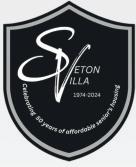
For50years,SetonVillahas proudlyservedseniorswith respectandintegrity.Weprovide acaringcommunity,while promotinghealth,independence, andaffordableliving.



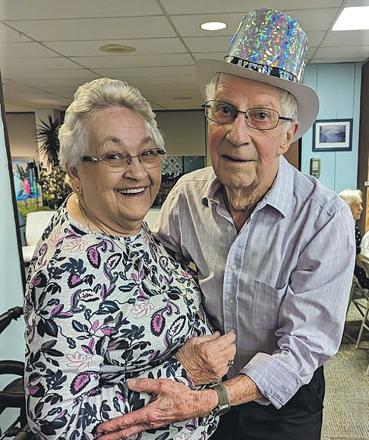

PRESENTER SCHEDULE / North Shore Community Resources is proud to present the following speakers:


Lorna Harding NORTH SHORE






HOUSE Chantal Bourke REGISTERED CLINICAL COUNSELLOR Paul Magennis VANCOUVER COASTAL HEALTH; PALLIATIVE & HOSPICE CARE, MAID Sally-Anne Stelling & Alisa Hashimoto BC BRAIN WELLNESS
Lorna is the Seniors Peer Support Program Co-ordinator, and will speak about these topics: Let’sTalk Ageism: Recognize itWhen You See it; and“It’s Not Right!”: RecognizingWarning Signs of Elder Abuse.
Chantal’s presentation is called Selfcare, Caregiver Burnout and Coping with Difficult Emotions in our Loved Ones She will discuss the importance of being your loved one’s ‘emotion coach’ while being in the difficult role of their caregiver
Paul is a Clinical Resource Nurse and Educator who will present The Importance and Role of HighQuality Palliative Care in the Medical Assistance in Dying (MAID) Process.

Together, SallyAnne and Alisa will talk about the BC Brain Wellness Program and will present on the Importance of Brain Health for Caregivers and the OnesThey Care For.



Areyou caringfor afamily member or friend whoisa senior?
We offerfree support, connection, resources andinformation
n Strategiestostayhealthy
n Inspiringworkshops
n Caregiver supportgroups
n Weeklysupportive phonecalls
n Resources and referrals
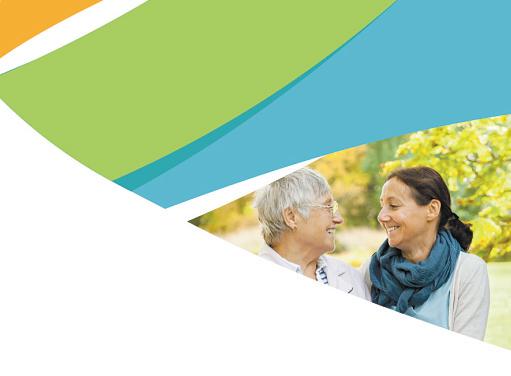
n CounsellingwithaRegistered Clinical Counsellor
Contact Robin Riversatrivers@familyservices.bc.ca or call 604-988-5281 ext 233
For more details, visit www.familyservices.bc.ca




participatein“normal” lifeagain took some time. KnowingI did whatI had to do and being there to the very end consoled me. Knowingwhat Iknowtoday,I can sayIwoulddoitall over again.I waslucky Cali wasa very grateful andkind person Ilearned so muchthrough this journeyand metamazing people.
What made youwanttojoin a caregiversupport groupand how did you find out about the groupatNSCR?
Cali’saunt,Louise, researched a lot of resources forus. Oneof themwas the caregiver support group. Also, CindyBouvet’s persistence (she wasthe facilitator of the group back then) was neededtoconvince me to join IthoughtI didn’t need agroup like that, butitbecame avery important partofthe journey
“Thebiggest benefit Ithink is to find out there are others in a similarsituation and you arenot alone in the caregiving journey; to hear that other peoplehavethe same worries,frustrations, andoften anger, as well.”
What do youbelieve are some benefits of attending a caregiving group? Howabout abereavementgroup?
The biggest benefitIthink is to find outthere are others in a similar situation and youare not alone in the caregivingjourney; to hear that otherpeople have thesameworries, frustrations, andoften anger,aswell. The group is areally good place
to release thesefeelings since there are others who experience similar emotions.Since some caregivers are further along in their journey, newercaregivers can draw from their experience and learnaboutresources and coping mechanismsinthe group
Howdoyou takecareof yourself? What aresome things youdotobring yourself joy?
Going backtoCindy Bouvet,she saidtomeinthe beginning:“You are on amarathon, not asprint Youhavetomakesure you take care of yourself otherwise youcan’ttakecare of your lovedone.” Abig thingfor me is exercise, likebikeridingand hiking,and from timetotime, goingfor adrink with friends. Also, everyyear and ahalfIgo to see my family and friends back in Germany. ■


At SunriseofLynn Valley, ourlicensed long-termcareisall aboutyou.Wewill quicklywelcome youintoour friendly, inclusivecommunity whereour residentcentered approach means your unique needs andpreferences arefront andcentre.








What has been your journey into caregiving?
A first memory that my husband, Peter, may be having difficulty was seeing him absorbed in financials for a new product for his business, and he was struggling with the numbers. This seemed strange since in my many years married to Peter, he was known for having strong financial skills. He had been an entrepreneur for 20 years at this time. As with many others it did take time to have Peter diagnosed appropriately. Fortunately, we were referred to the Djavad Mowafaghian Centre for Brain Health at UBC. The diagnosis in 2012 was FTD, Primary Progressive Aphasia, Semantic type, a dementia impacting loss of language, difficulty communicating and understanding,




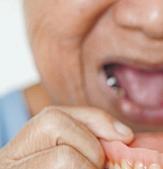

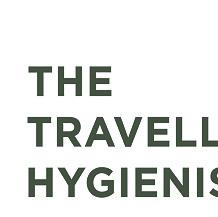
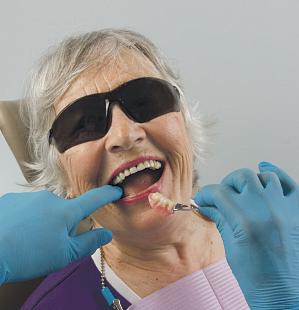
ability to make sound decisions, comprehension and often movement and behaviour I have come to realize the importance of a correct diagnosis to assist with provision of the right medications, and to help us understand what could be coming next with this very unforgiving condition.
My tendency is to research so I threw myself into understanding FTD and our future. It was overwhelming to understand what lay ahead and how this diagnosis might impact both of our careers, which we loved, and our family, friendships, and retirement. We had considered ourselves very fortunate – friends, family, travel throughout the world, and active, adventurous lifestyles with plans to continue all activities. I often say now
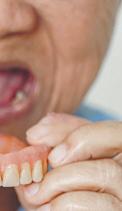



how lucky we were to travel extensively before Peter’s diagnosis.
was and ending his driving was
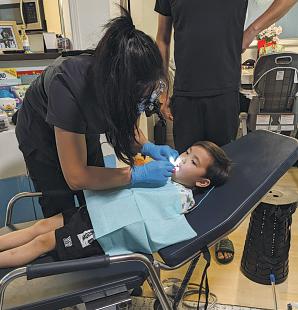
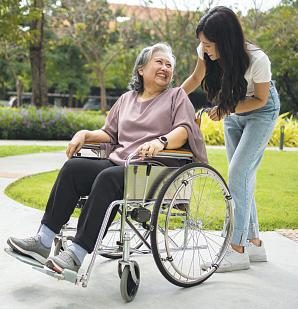

centre an











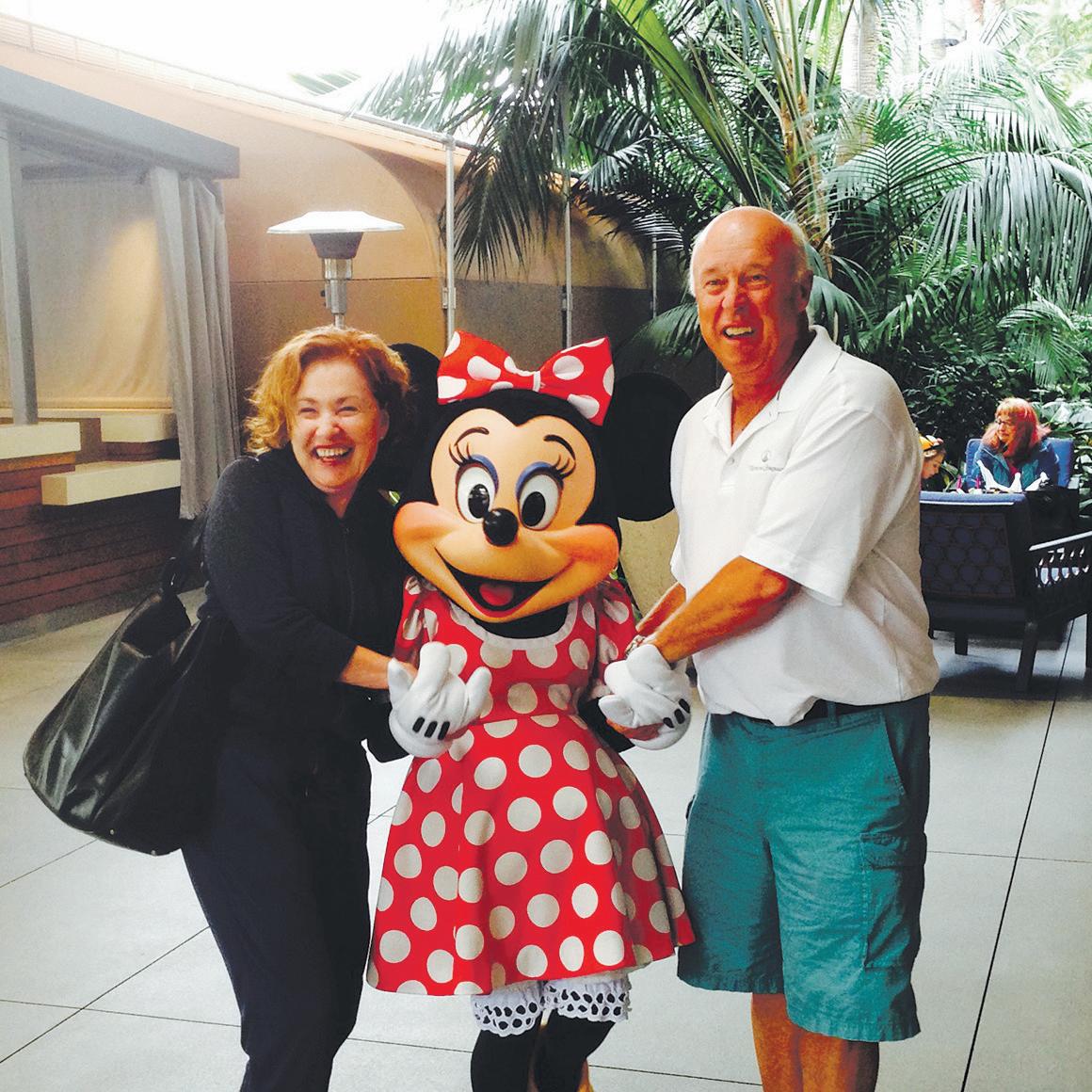
Within a year Peter’s cognition was deteriorating and ending his driving was the first significant change. From there, the caregiving journey took centre stage and particular Peter’s safety wa Not being able to drive led taking the Skytrain to work, then behavioural issues of paranoia set in which led to his retirement and selling his business. His dementia and not being able to adequately care for the business had led to poor management and not a great time to sell a business. I stepped down from CEO of my business to a chairperson role and shifted roles to

his to



care for Peter I would say we have
care for Peter I would say we have manoeuvred well through the years of caregiving, albeit with no compass and trial and error We have lost friends and others, including family, have stepped up. I miss our active social life most of all. A year ago, I hired help one day a week and I anticipate increasing our care needs.
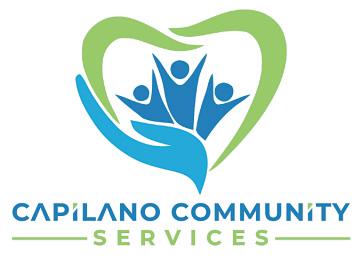

What made you want to join a caregiver support group and how did you find out about the group at NSCR? What do you believe are some of the benefits to peer support and attending a caregiving group?
Throughout this journey I have found tremendous value being with other caregivers facing similar issues. I quickly realized I had a lot to learn. I became aware of NSCR and their care support programs through the various correspondence I receive on dementia and was impressed by their overall vision and mission. I joined NSCR’s Caregiver Support Program for this reason and receive advice and understanding with respect and no judgement. A takeaway from one meeting was the slogan “meet them where they are,” (now hanging in my kitchen)
to remind me of Peter’s condition and where we are today. At our meetings I feel I can say anything, ask anything and will receive the wisdom I need to move forward through the difficult stages. While I read articles and blogs on Peter’s dementia which are helpful technically, for myself it is the relationships with peers and care received at NSCR which are most meaningful.
What workshops have you attended and how did you feel about them?
So far, I have attended two workshops at NSCR. The Emotion-Focused Therapy program was an opportunity to have deeper thoughts and conversations on the emotional aspects of caregiving. The Death and Dying program helped me look forward and make the plans required for our future. I also
attended a workshop facilitated by the Alzheimer’s Society of B.C. to learn of their programs and opportunities.
How do you take care of yourself?What are some things you do to bring yourself joy? Bringing in care to our home this year was for the sole purpose of having more time for myself and with girlfriends. I missed those times at the gym together, shopping, lunches, walks. I currently own a business and, although I am now not involved full-time, I derive great satisfaction being part of it and belonging to an executive peer group. Mentoring others when I can, particularly women entrepreneurs, provides great joy. And, with 13 members in our family including five grandchildren, life is busy My next plan is take up photography. ■



